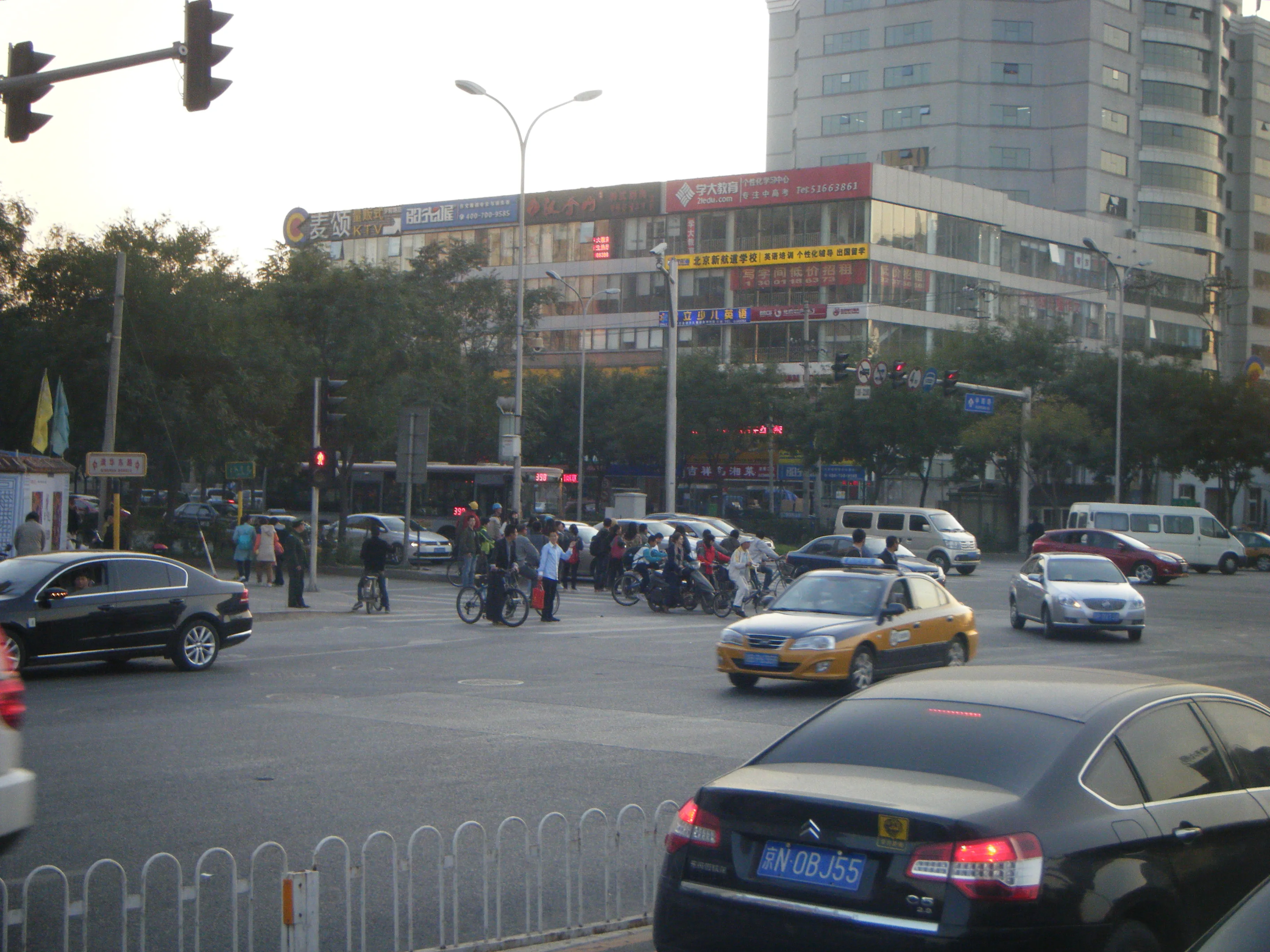The Chinese Government is adding initial incentives to customers for electric vehicles (EVs) in capital Beijing. Car buyers in the Chinese capital typically face high costs as well as restrictions on when their vehicles can be used. Cars with odd or even numbers on their licence plates can currently only be used on alternate days. However the city’s authorities are providing an additional incentive for customers to purchase EVs instead of conventional combustion engine vehicles by relaxing these constraints
May 22, 2015
Read time: 2 mins

The Chinese Government is adding initial incentives to customers for electric vehicles (EVs) in capital Beijing. Car buyers in the Chinese capital typically face high costs as well as restrictions on when their vehicles can be used. Cars with odd or even numbers on their licence plates can currently only be used on alternate days. However the city’s authorities are providing an additional incentive for customers to purchase EVs instead of conventional combustion engine vehicles by relaxing these constraints. Owners of EVs will be able to drive on the city’s roads when they wish, rather than facing limits on peak time travel. This will come into play from June 1st 2015 and be continued until April 10th 2016.
This is an additional incentive for owners of EVs in Beijing, who have already benefited from subsidies during purchasing. This is one of a package of measures by the Chinese authorities to tempt vehicle owners into buying EVs, in a bid to help tackle air pollution. As in other countries, Chinese car buys have so far proven wary of purchasing EVs due to concerns over range as well as purchase price. And the so far limited availability of charging points has provided another limiting factor.
This is an additional incentive for owners of EVs in Beijing, who have already benefited from subsidies during purchasing. This is one of a package of measures by the Chinese authorities to tempt vehicle owners into buying EVs, in a bid to help tackle air pollution. As in other countries, Chinese car buys have so far proven wary of purchasing EVs due to concerns over range as well as purchase price. And the so far limited availability of charging points has provided another limiting factor.







